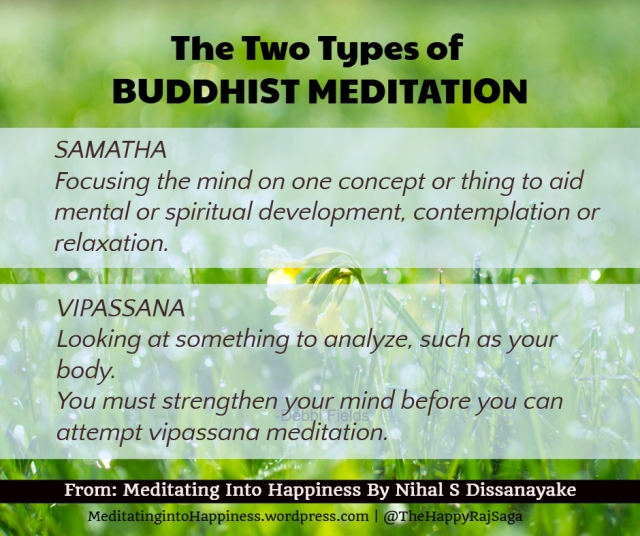
Nirvana is the focus of the new-age novel, From Paradise To Nirvana.
Two young nurses, Nangi and her adopted sister Akki, are preparing a road map to go in search of Nirvana.
The genesis of the project is the strategic plan prepared by Professor Happiraja for the yogis in his Sotapatti Meditation Program in the Happy Raj Meditation Center to expedite their march towards Nirvana. They meet the Professor at the ordination ceremony of their brother, Akura, who gives up his job to follow the meditation program he was promoting.
They request Happiraja to open their male Bastian to women. He agrees and builds the Paradise to house an exclusive center for yoginis.
Akki enters the Paradise and wears the yellow robes to go in search of Nirvana. On an invitation from Akki, Nangi agrees to join her, without wearing the yellow garb, as she has to look after her fatherless baby at her home.
From Paradise to Nirvana is a continuation of THE HAPPY RAJ, the award-winning novel by the same author. It is the fifth novel in the Happy Raj Saga Series, with a common theme and common characters.
The entire saga is based on the words of Lord Buddha:
Happiness is Wealth Supreme.
Billionaire Happiraja is investing his entire fortune into his Meditation Center with the objective of increasing that wealth in the planet earth, through meditation.
Set in the beautiful island of Happy Raj, From Paradise To Nirvana runs on two parallel rails: Emotion-packed family drama of Nangi with her son on her lap, runs forward, backwards and sideways, with pathos, tears, smiles and high aspirations.
On the other rail runs the preparation of the philosophy-packed road map to go in search of Nirvana, amidst disturbances of squirrels and divine beings. Akki Maniyo, born into non-Buddhist family, struggles with the help and blessings of her family to continue with her holy pilgrimage.
When Nangi plans to build a temple in their own estate, Akki Maniyo donates her savings to finance the cost of all constructions. Happiraja finances all the furniture and equipment. A divine being makes available bone relics of Lord Buddha to her temple. Nangi believes that her plans to be a Stream Winner will be successful.
After completing their first seminar for women in the temple Akki Maniyo steps into their family home to see her old playmate, Prince, who had been kept away from her after the debacle on the day Akki Maniyo, took her precepts.
Fully committed to the joint plan, Nangi continues with her research into the Cannons of Buddhism, and suddenly stumbles upon a section, which confirms that both sisters have qualified [Chula Sotapanna] to enter into the holy path and would certainly reach Nirvana. This makes Akki Maniyo rev up her engines to finish the pilgrimage within five years as planned. This novel uses an easy to read style, dotted with dialogues, simple words, and common phrases, to explain the philosophy of Buddhism on which it is based.
From Paradise to Nirvana suits best those young women who seek to increase their happiness levels through meditation.
Happy Raj Saga Series is a set of six novels with common characters and a common theme: Happiness is wealth supreme.
The original novel, The Happy Raj, is the story of enigmatic billionaire Professor Happiraja who invests his billions in a beautiful island to build his dream project: The Kingdom of Happiness. The entire series revolves around Professor Happiraja, and his super meditation center where he succeeds in being a Stream Winner.
His Sotapatti Meditation Program offered free in that environment has the objective of helping those who are committed to move up to be a Sotapanna.
The six novels in the Happy Raj Saga Series are:
















